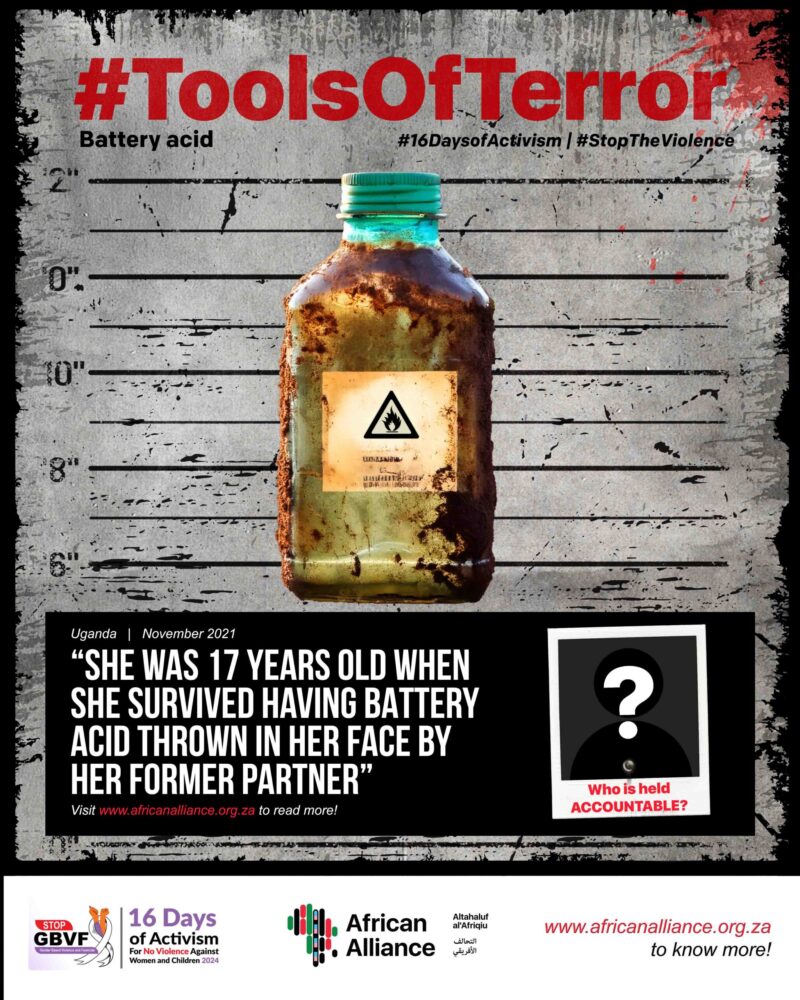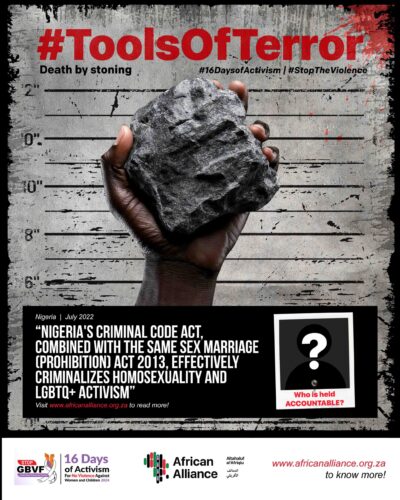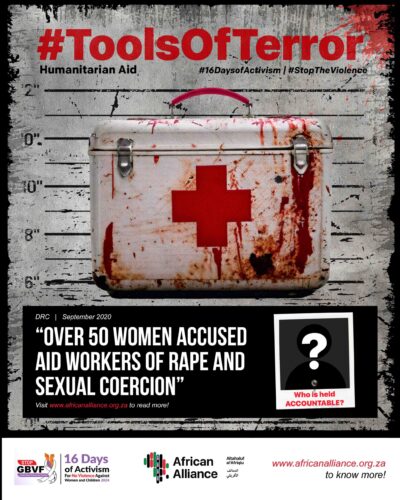
The Incident
Julie Bukirwa was only 17 years old when she survived having battery acid thrown in her face by her former partner, who was also the father of her child. She was in hospital for a full year before her burns had healed enough for her to return home. By then, she had lost both an ear and an eye, and had extensive scarring. She faced systemic neglect from the police and was left with not only physical, but also significant psychological trauma, to overcome.
Survivor’s Story
After Bukirwa was out of hospital, financial circumstances forced Julie and her child to stay with the mother of her attacker. The condition for a room to live in was that Julie agree not to report the attacker to the police. To this day, Julie’s attacker has never been held legally accountable for what he did to her. Although there have been more recent acid burn stories in Uganda, Julie’s story is highlighted for two reasons: one, because in 2023, Julie founded a non-profit to help acid attack survivors make and sell craftwork to international markets, and two, because she is leading a petition on Change.org calling for stronger laws in Uganda against perpetrators of acid attacks.
Legal Response
Acid attacks in Uganda are often not prosecuted. Even though the law says acid attackers can get life in prison, they often get off with lesser charges like grievous or actual bodily harm. This is because these charges are quicker (and therefore easier) to prosecute. People still see acid attacks as a private issue, not a crime.
And then, there is only one government chemist, based in Kampala. This chemist is necessary in Ugandan law for proving that corrosive chemicals were used in acid attacks. With just one person for the whole country, it is close to impossible to get evidence and process it. This means attackers often end up with minor charges, or getting off.
The Wider Context
Acid violence in Uganda is alarmingly pervasive. Research shows that one in five Ugandans know somebody who has been attacked with acid. Inadequate laws, insufficient enforcement, and societal perceptions of domestic violence hinder justice for survivors. The legal system often fails to prosecute acid violence effectively due to procedural challenges and societal attitudes.
Responsible Legislation
Uganda’s Penal Code addresses acid violence but often results in light sentences for perpetrators. The Toxic Chemicals Prohibition Control Bill (2016) lacks specificity for acid attack cases.



